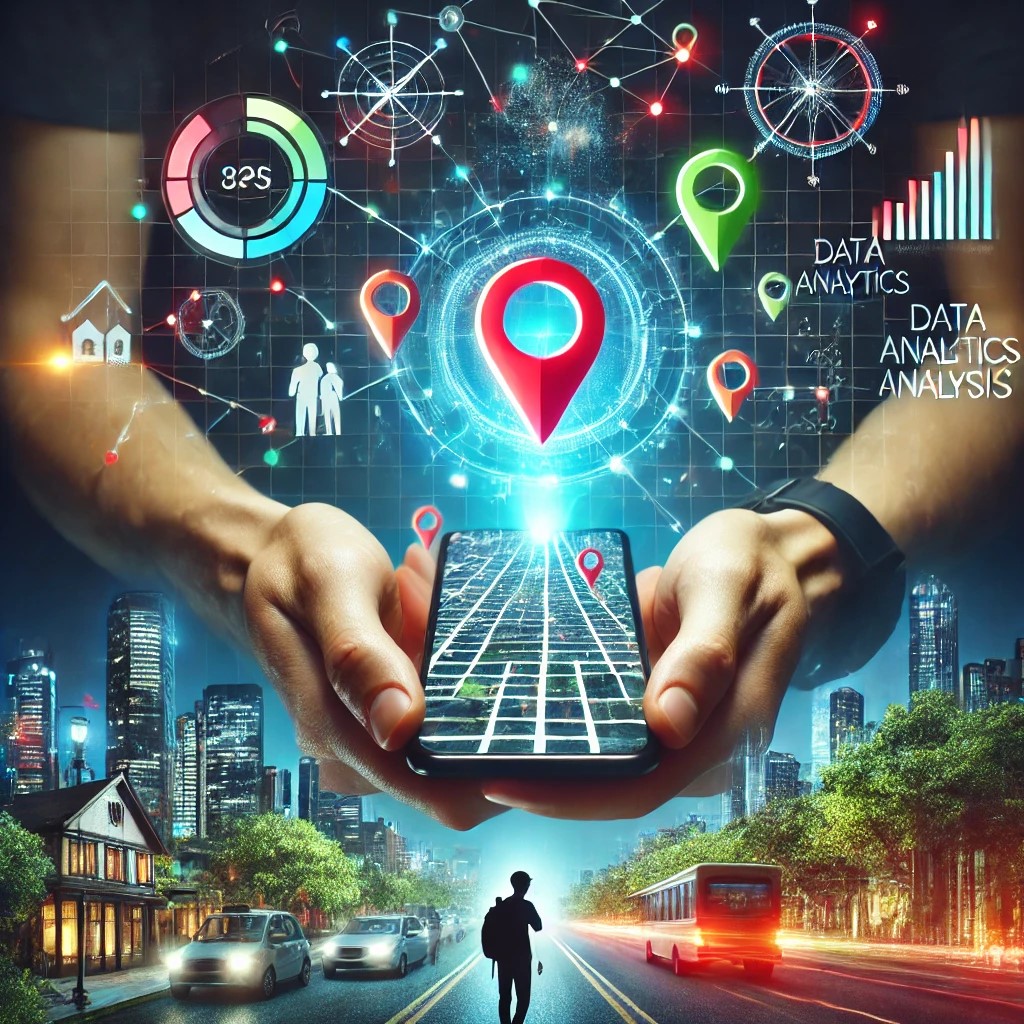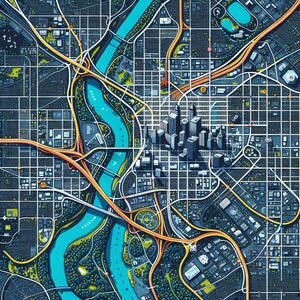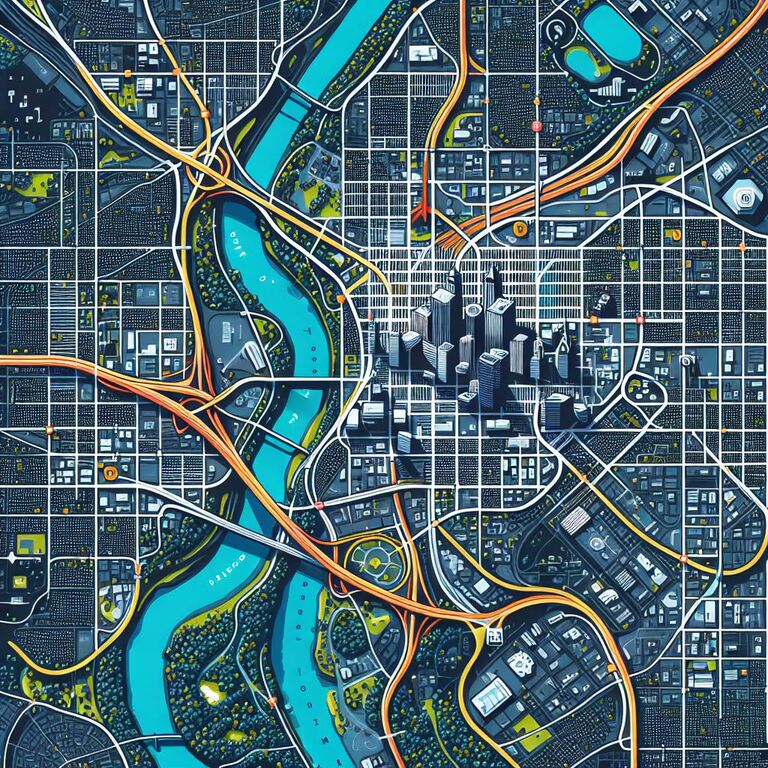Imagine your smartphone as a private investigator, quietly gathering evidence about your life as you move through the day. Every coffee shop visit, late-night drive, or regular gym session leaves a breadcrumb trail of location data. This information isn’t just useful for directions or weather updates—it paints a surprisingly detailed picture of your habits, preferences, and even personality.
Geoanalytics, the art of deriving insights from location data, is more advanced than you might think. But how much does your location data actually reveal about you? Let’s dive in for a lighthearted (and slightly creepy) analysis.
What Is Location Data and How Is It Collected?
Your phone’s GPS, mobile apps, and even Wi-Fi signals contribute to a constant stream of location data. Whether you’re checking the weather, navigating with Google Maps, or tagging your favourite café on Instagram, your devices are quietly sending out signals about where you are.
Even seemingly innocent apps like fitness trackers or food delivery services collect and store this data. This information is then used for everything from personalised ads to urban planning.
What Your Location Data Reveals About You
1. Your Daily Routine
Your location data can map out your life’s rhythm. From your commute to work, to your Friday night pub visits, it reveals when and where you spend your time. Over time, patterns emerge, giving a clear picture of your habits.
- Morning coffee stop every day at 8:15 am? You’re a caffeine addict with a preference for routine.
- Frequent late-night supermarket trips? Perhaps you’re a night owl or prone to snack cravings.
2. Your Favourite Hangouts
Where you spend your free time says a lot about your personality. Love visiting parks and outdoor spaces? You’re likely nature-oriented. Regular club visits? Perhaps you’re the life of the party.
Marketers and businesses use this data to send you tailored promotions, like offering discounts at your favourite restaurants or stores nearby.
3. Your Spending Habits
Frequent visits to high-end boutiques or budget retailers are strong indicators of your spending behaviour. Combined with purchase data, companies can create highly targeted marketing campaigns.
4. Your Fitness Levels
Fitness apps that track your jogging routes or cycling paths can reveal how active you are. They also provide insights into your preferred fitness activities and favourite routes.
5. Your Relationships
Geoanalytics can identify patterns of proximity between two or more people. If you’re always in the same places as another person, it could suggest a close relationship—be it a partner, best friend, or colleague.
The Fun and Slightly Creepy Side of Geoanalytics
The Fun
- Personalised Recommendations: Love exploring new restaurants? Your data can guide you to hidden gems based on your preferences.
- Urban Improvements: Cities use location data to optimise public transport and plan infrastructure improvements.
- Better Experiences: Concert venues, festivals, and events use geoanalytics to enhance crowd management and improve your overall experience.
The Creepy
- Targeted Advertising: Ever received an ad for something moments after visiting a store? Yep, that’s your location data at work.
- Predicting Behaviour: Advanced geoanalytics can sometimes predict where you’ll go next based on past behaviour.
- Security Concerns: If not handled responsibly, location data could fall into the wrong hands, raising privacy risks.
How to Protect Your Location Data
If all this talk has you clutching your smartphone a little tighter, fear not! Here are some simple ways to take control of your data:
- Review App Permissions: Regularly check which apps have access to your location and revoke permissions for those that don’t need it.
- Use a VPN: A virtual private network can mask your location.
- Disable Location When Not Needed: Turn off GPS or location services for apps you’re not actively using.
For a deeper dive into privacy tips, check out this guide on location data security.
Conclusion
Your location data is more than just coordinates on a map—it’s a window into your lifestyle, preferences, and habits. While geoanalytics can improve your daily experiences, it’s essential to stay aware of how your data is being used.
The next time your phone suggests a nearby coffee shop or alerts you to traffic on your usual route, remember: your location data knows you better than you think.











